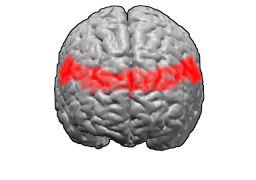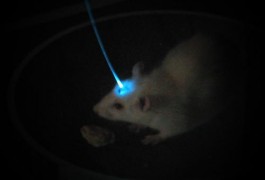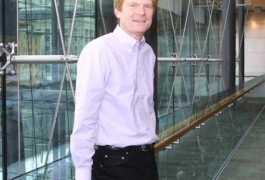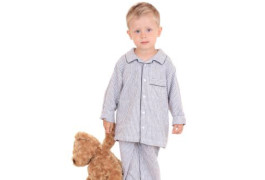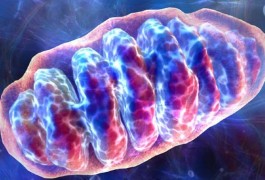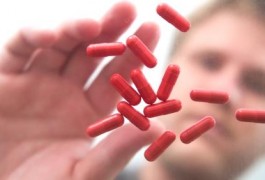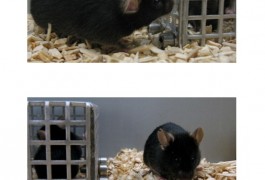Brain banks for autism
Brain tissue from individuals with autism is rare, to say the least: of the 30,000 samples in the National Institutes of Healthʼs Brain and Tissue Bank for Developmental Disorders, for instance, only 30 are from individuals diagnosed with autism.







